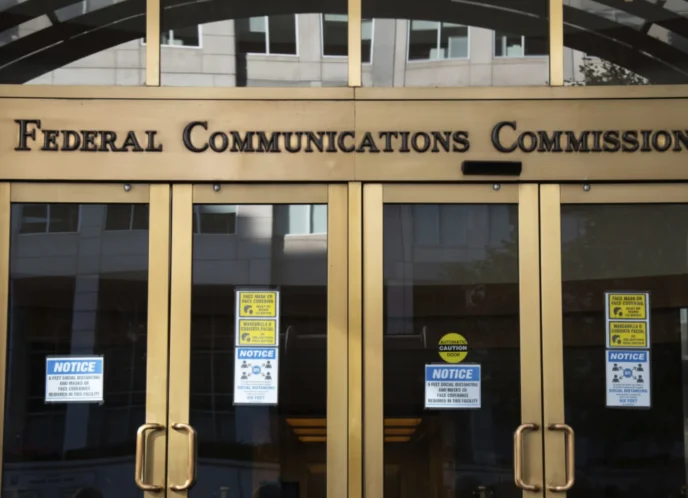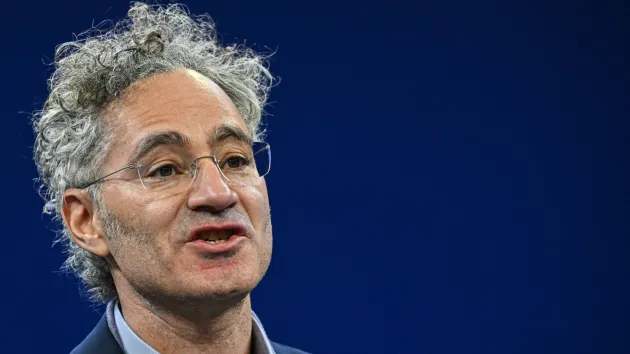In our previous Fellowship blog, we shared reflections from the 2023 MediaJustice Network Fellowship. Convening. Check out this video that captures the community and work that has emerged from the fellowship:
Are you as inspired by our fellows as we are? Here’s Part 2 of highlights of the incredible work from our Class of 2023. And be sure to check out Part 1.
Peruth Nabirye
Peruth was nominated for the fellowship by the Highlander Research and Education Center. Based in Uganda, Peruth is part of the “Cancel the Debt” subgroup of the Global Campaign Against Racism, run by EqualHealth. Peruth’s project was a briefing on debt as a face of colonialism. Peruth seeks to center the voices of communities from the Global South to build critical consciousness around debt and plans to incorporate conceptual photography in her project to “show the lived experiences of the effects of the colonial debt on the health and well-being of Global South communities.” The stories will be collected from Uganda and Zambia and will be disseminated to global south communities via digital platforms. The goal is to ignite conversations around debt being colonial and dismantle misinformation to strengthen grassroots organizing on decolonizing global health.
LB
LB was nominated for the fellowship by Southerners on New Ground (SONG). LB’s project focused on interrogating the root causes of the dominant narrative of Memphis and Black Memphians being “dangerous.” LB’s project involved historical research as well as media scanning of newspaper reporting. Through case studies such as the 1866 Memphis Massacre, the Memphis Sanitation Strike of 1968, the 2013 KKK rally in Memphis, and the 2023 brutal murder of Tyre Nichols by 5 Memphis police officers, LB showed the intersections of historical oppression and brutalization of Black communities by the state and news reporting that continues to paint freedom fighters as threats, while dismissing the conditions they are protesting.
“The fellowship created an opportunity for me to deeply dive into the history of my city. It also provided an opportunity to speak about my city in ways that provided explanation and clarity from a historical perspective vs. the interpretation from local media.”
LB hopes to use their project as a blueprint for working with others in addressing media representation and the depiction of protestors.
Matyos Kidane
Matyos was nominated for the fellowship by Stop LAPD Spying Coalition, where he is a community organizer. The Stop LAPD Spying Coalition is an abolitionist organization based in skid-row and Matyos places his work from the fellowship in the lineage of community work and labor that the organization holds and catalyzes. As a grounding for what racialized disinformation as practice looks like in relation to the LAPD and in policing in general,
Matyos shared how police lying is the norm. He said “We know the police lie. LAPD have a long history of lying. LAPD Command lie in front of oversight boards about their actions, just straight up lie. Officers lie out in the streets everyday. In fact, this is something codified in LAPD policy – they have something called an intelligence gathering guideline that was codified in 2012 that set out the rule for when and how they are allowed to lie.” He goes on to share other key ways he and the Stop LAPD Spying Coalition see racialized disinformation at play:
- Racialized Disinformation as Counter Insurgency: “The whole notion of dehumanizing language to ensure violence can continue to happen against black and brown communities is important to name and something we all recognize. The more dangerous and specialized aspect of that for the LAPD is this creation of a false reality – this creation of a fiction of a narrative that affirms their existence and sanitizes that violence. This is something that takes place through community deputization and media deputization. They call it community policing – for us that is synonymous with counter-insurgency. So we’re thinking about racialized disinformation as counter insurgency, as one facet of this work.”
- Crime Data Tells Whatever Story the State Wants it to Tell: Matyos shared “There is no consistent employment of crime data. It tells whatever story the state wants it to tell.” He goes on to say that “crime data” is used to give the impression that the police are “neutral” and not racist, however “data is political” and “just the information gathered can be levied any which way.”
maliyah “joy” worthy
maliyah was nominated for the fellowship by Alternate Roots. Based in Atlanta, Georgia, maliyah’s project was a “digital zine that will help provide and preserve the stories and lived experiences of QTIBIPOC (Queer, Trans & Intersex Black & Indigenous People(s) of Color) folks in the South who are/have been practicing reproductive justice, care and bodily autonomy.” maliyah’s project came out of political concerns related to the criminalization of abortion, increased disinformation and surveillance online related to abortion access, and increased anti-trans attacks (legislative, online, and offline). maliyah’s zine consists of interviews with QTIBIPOC reproductive justice activists and abortion doulas in the South and safety planning resources, as “who knows more about community than community itself.”
Yoon Grace Ra
Yoon was nominated for the fellowship by 18 Million Rising (18MR) and they have been involved with Red Canary Song, a grassroots organization of Asian and Migrant sex workers and massage workers, organizing transnationally. Yoon’s project in their own words is, “I am creating a curriculum for a justice-centered massage school as a long-term response to the criminalization of bodyworkers (specifically massage and sex workers) in my community (Queens, NY). As the ability to legally work in massage grows exorbitantly expensive and inaccessible, this curriculum envisions a way to provide the participants with the certifications and licensing needed, while paying them. They are given the support to choose from projects such as: learning ancestral healing modalities or creating structural changes in the multi-billion dollar “wellness” industry/state governance. Part of the education will go over the history of racialized disinformation about massage, both in the U.S. and globally.” Yoon also shared, “This fellowship has given me the opportunity to see curriculum building as narrative strategy … I feel that this curriculum is the cultural organizing that bolsters the direct organizing over a long period of time, which is how I see documentary work and media work as well.”
The way each of the fellows grounded their work with a systemic and root cause analysis of political conditions and engaged in community-based interventions is deeply inspiring. We know the necessity and impact of bringing a historical lens to liberation work, of centering community knowledge and experience, and of organizing in order to shift power to our communities.



